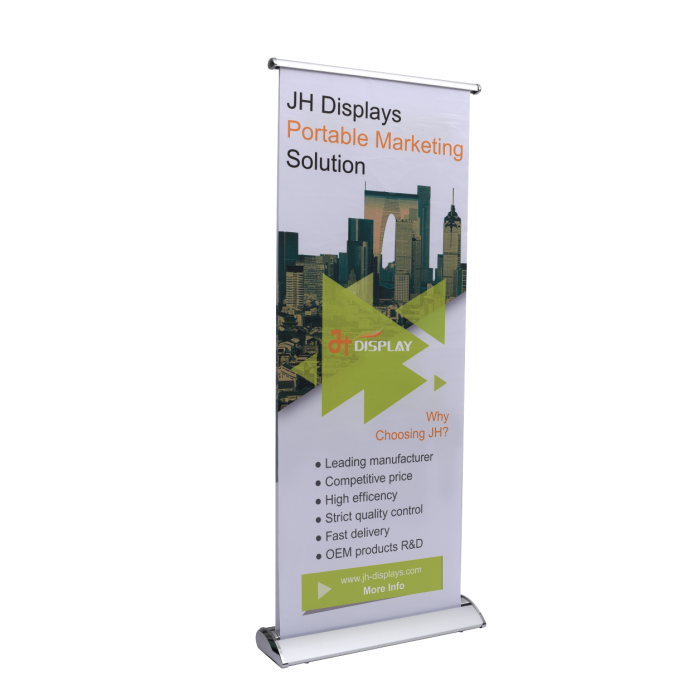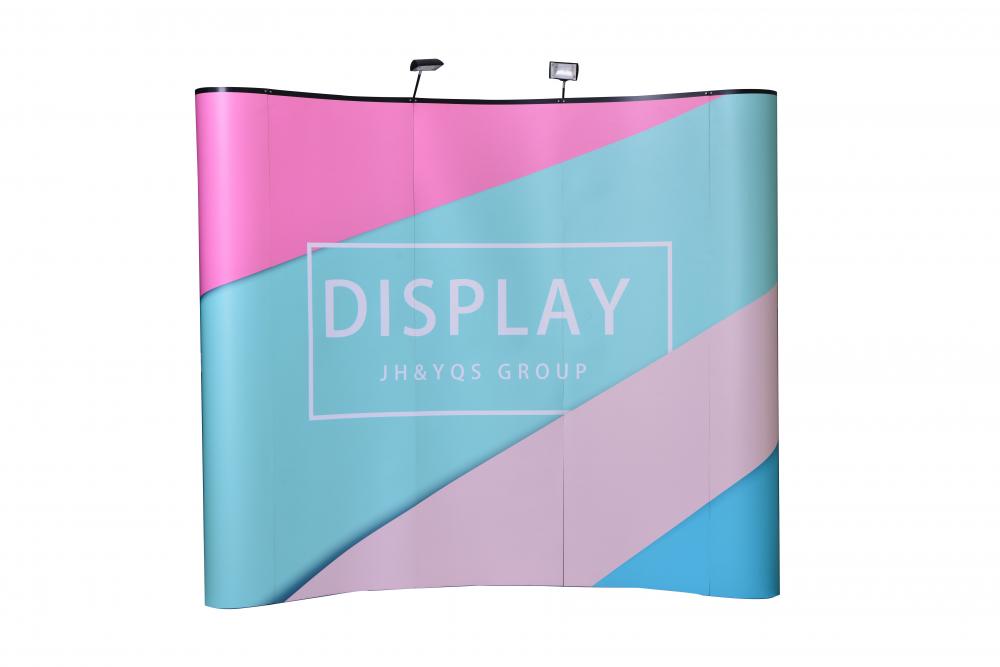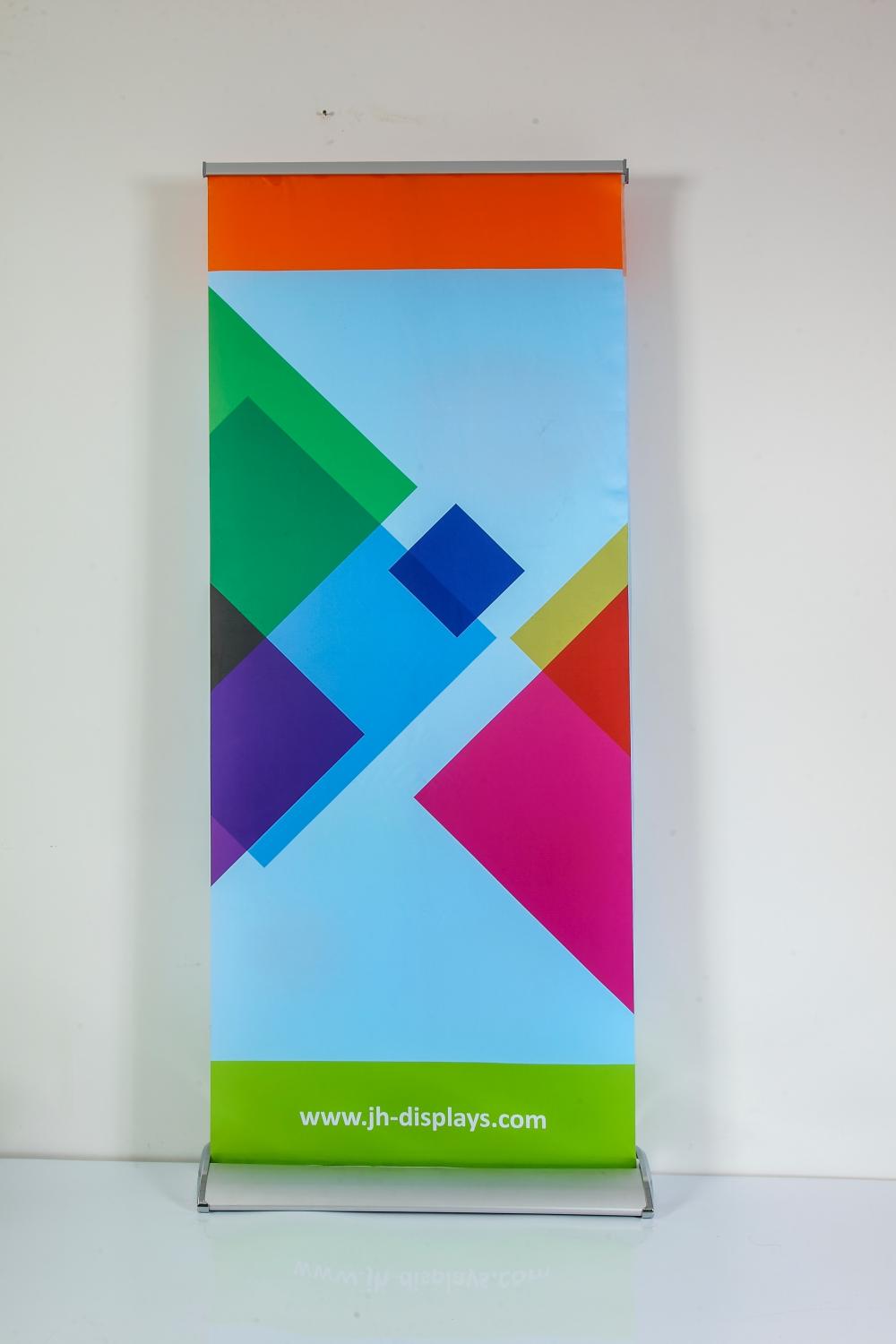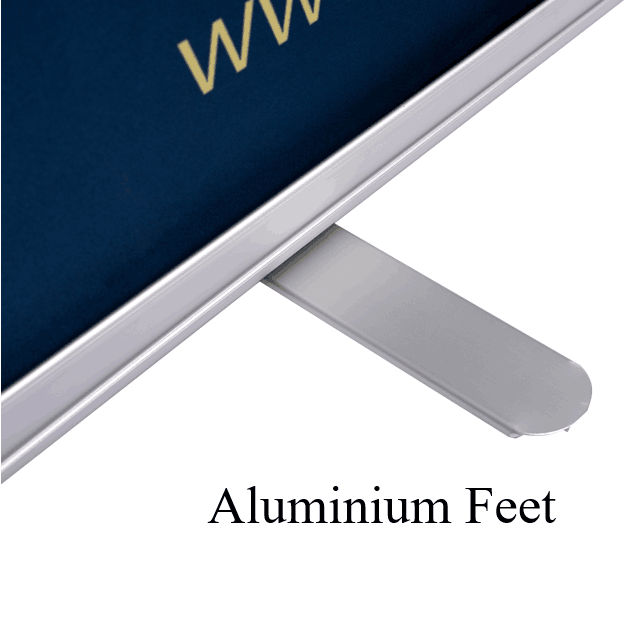In addition to the field of textile digital printing and office printing, advertising image, inkjet and other mature applications, as well as the rapid development of industrial digital printing, such as packaging, label printing, building decoration (tile, color stripping, wallpaper and carpet printing, even directly on the wall), process decoration printing and many other fields, As digital printing technology is more widely used, the demand for digital printing ink will also increase dramatically, as a key component of the ink of high purity color market demand will also increase dramatically.

First, digital printing ink and digital printing equipment present a positive circulation relationship that promotes each other
Nozzle quality determines the overall quality and speed of digital printing, digital printing ink quality directly affects the use of nozzle
In the process of digital inkjet printing, nozzle quality and the control of each nozzle is particularly important, nozzle parameters directly determine the overall quality and speed of printing, and ink is the key to achieve high quality printing, in a variety of application scenarios, due to poor ink quality caused by nozzle blockage is the industry pain point, nozzle blockage will lead to a substantial decline in printing quality, and even the machine can not run, Resulting in customer downtime and quality loss.
Digital printing ink quality is not up to standard, such as plugging factor too general general lead to nozzle blockage, high quality digital printing ink quality and special type, do not block the nozzle, moisture and jet good, no corrosion effect on digital nozzle and other metal objects, not easy to fade, in addition, ink surface tension, viscosity, elasticity and density is also the key to inkjet printing.
"Printer + consumables" linkage sales in line with the business strategy of many digital printing equipment manufacturers, but also in line with the choice of digital printing equipment end users
For the end users of digital printing equipment, the stability of the equipment and the timeliness of the service are very important. The stability of equipment use is not only related to the quality of equipment itself, but also closely related to the matching of consumables and
Accessories used and the timeliness of equipment service. Therefore, in order to ensure the smoothness of production and timely response of service, but also based on the consideration of equipment installation and commissioning, maintenance and warranty, system upgrade and other factors, customers usually choose the consumables and accessories supported by the original manufacturer of equipment.
This makes digital printing equipment and digital printing consumables two markets highly related, digital printing equipment manufacturers through the "printer + consumables" sales model can also improve their business scale. Digital printing ink is the key supplies of digital printing link, is the digital printing equipment manufacturers to achieve sustainable sales, ensure the important support of business performance.

Second, textile digital printing ink industry overview
Performance requirements for textile digital printing inks
Textile digital printing is fundamentally different from traditional printing. Digital printing is a kind of non-contact printing. Printing patterns are formed by mixing tiny ink drops of different colors directly on the surface of the fabric. Therefore, the formation, shape and size of ink droplets have a very important impact on the quality of inkjet printing, so inkjet printing ink is one of the key factors affecting the quality of printing products.
From the chemical structure of raw materials, textile digital inkjet printing ink and traditional printing dye ink have similarities, but because of the ink and color forms are different, textile digital inkjet printing ink in particle size, suspension stability, crystallization control and other aspects of higher requirements than traditional printing dye ink, in order to adapt to the high efficiency of high precision digital printing nozzle working state and service life requirements. The low quality of ink will cause the nozzle blockage, ink-jet fluency is poor, both damaged equipment and can not get high quality printing effect.
The ink formula used for textile digital inkjet printing must meet strict physical and chemical standards, have specific properties, in order to form the best ink drops, suitable for specific inkjet printing system, to obtain excellent image and color brightness.
Textile digital ink jet printing ink classification survey
Textile digital printing inks can be divided into dye inks and pigment inks according to pigment components. The advantages of dye-type ink are complete chromatography, bright coloring, good stability, not easy to block the nozzle, printing quality is good; Pigment ink has the advantages of good color fastness to light and water, but it has the disadvantages of low color intensity, not bright color, unclear pattern and high cost. As a kind of aqueous solution, the particle size of dye-based ink has no effect on the inkjet printing nozzle. And in the selection of pigment ink, we should consider the matching of particle size and their own equipment, generally to control the pigment particle size below 400nm, to avoid the phenomenon of blocking the nozzle. Therefore, the combination of production costs and print quality and other factors, dye-based ink to the market is better adapted to the application is more common.
Dye-based inks can be divided into active inks (direct injection), dispersed inks (including "thermal transfer/thermal sublimation" and "direct injection" two types), acid inks (direct injection), the specific difference is as follows:
Textile digital printing according to the printing form is mainly divided into direct printing digital printing (" direct printing ") and digital transfer printing (also known as "heat transfer" printing, is a kind of image printed on paper, and then transferred to the fabric by hot press printing) two forms. At present, disperse ink is mainly realized in the form of digital transfer, but also a small amount of direct injection (can get high quality images, good color fastness). Active ink and acid ink are almost all achieved by direct injection, active ink is the largest use of direct jet ink, acid ink followed.

Third, the future development trend of digital printing industry
The transition from traditional screen printing to digital printing is accelerating
With economic development and improvement of people's living standard in our country, great change has been made in the consumption concept of textile market. The traditional printing process can not meet the consumption demand of many varieties, personalization, fashion and environmental protection of textiles. Digital printing has met the personalized, fashionable and rapidly changing consumption trend, and has broad development space.
The cost of digital printing equipment and consumables fell further
With the breakthrough of the key technology of digital printing and the rise of the order volume, the price of ink, nozzle and other consumables will be further reduced, the further opening of the ink system will further stimulate the vitality of the market, and create greater competitive advantages for the digital printing production.
Digital printing equipment and digital printing ink linkage sales can reduce the cost of service, further strengthen and promote the coordinated development of the two
Digital printing equipment performance will continue to improve, faster printing speed, higher precision, better image quality, stronger stability, more intelligent equipment. At the same time, the development of digital printing ink with good versatility, good stability, wide color gamut, high color fastness, good brightness, high color yield and excellent performance is the development trend of digital printing industry. By further matching and perfecting the performance of digital printing equipment and digital printing ink, the service cost can be further reduced through linkage sales mode, and the market application prospect is broad.
Fourth, favorable factors
Industrial policy support
Digital printing is a key product of strategic emerging industries. At the same time, a series of industrial policies such as the Printing and Dyeing Industry Green Development Technology Guide (2019 edition), Textile Industry 14th Five-Year Technology, Fashion and Green Development Guidelines, Textile Industry 14th Five-Year Development Outline and Printing and Dyeing Industry 14th Five-Year Development Guidelines have been launched to provide strong policy support for the development of digital printing and printing industry. Bring good development opportunities.
Vast market space
At present, the global textile digital ink-jet printing output occupies a low share of the printed fabric market, and the global ink-jet printing market is large. In addition to textile digital printing and desktop office printing fields, digital printing applications also include advertising images, architectural decoration, process decoration and electronic circuits and many other fields. With the wider use of digital printing technology, the demand for digital printing ink will increase substantially, and the market demand for high-purity color material as a key component of ink will also increase significantly. The market space is vast.
Fifth, unfavorable factors
There is a gap between the development of domestic digital printing industry and foreign countries
Digital printing technology was introduced earlier in Europe, North America and other areas, and has been applied on a large scale now, which shows the characteristics of high technical level, wide application range and obvious brand advantages. Compared with the small and medium-sized enterprises in our industry, it has obvious competitive advantages. At the same time, digital printing technology based on digital printing ink, equipment, nozzle, board card and software and other key technologies, the key technologies need to maintain a high degree of adaptation. In particular, core technologies such as print nozzle are still monopolized by a few manufacturers in Japan, Europe and the United States, and domestic industrial mass production of domestic print nozzle has not been realized, which restricts the overall development of domestic digital printing technology to a certain extent.
The development of direct printing technology is faced with low-cost competition from "heat transfer" technology
Limited by technical level and research and development ability, most domestic printer manufacturers and digital printing consumables enterprises still produce low-end products, and mainly transition technology at the technical level. For example, "heat transfer" printing is a dimensional-reduction printing technology, and there is a fundamental difference between printing on paper and printing directly on fabric (" direct injection "). The textile fabric realized by "heat transfer" has poor color fastness, low image quality and consumes a lot of transfer paper. Meanwhile, the discarded paper will produce secondary pollution. However, due to its low comprehensive cost, it has been widely used in China. But "direct printing" technology is the forefront and development trend of digital revolution of textile printing and dyeing. In developed countries, "direct printing" technology is the main technology.







